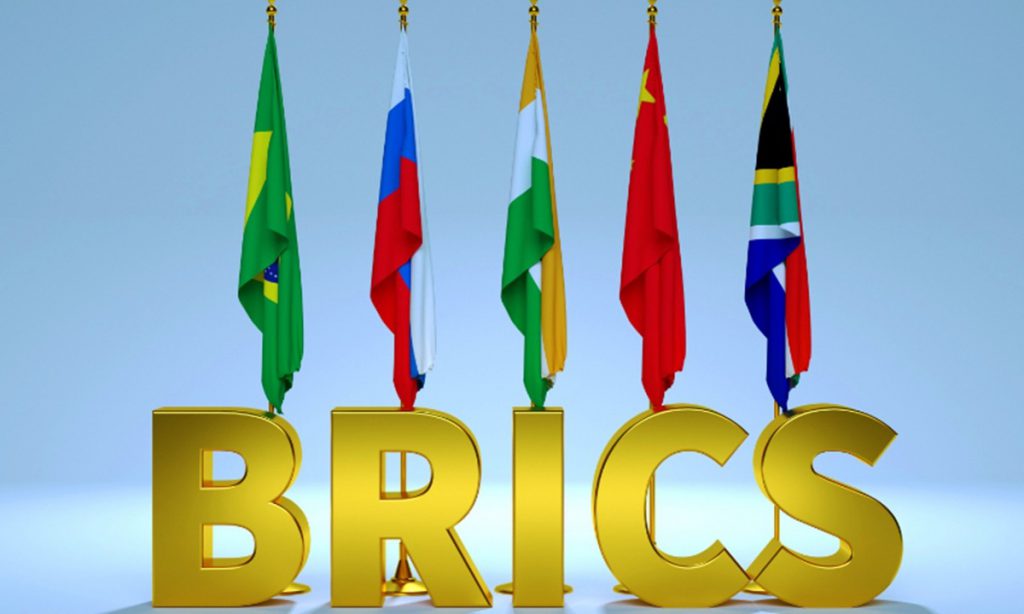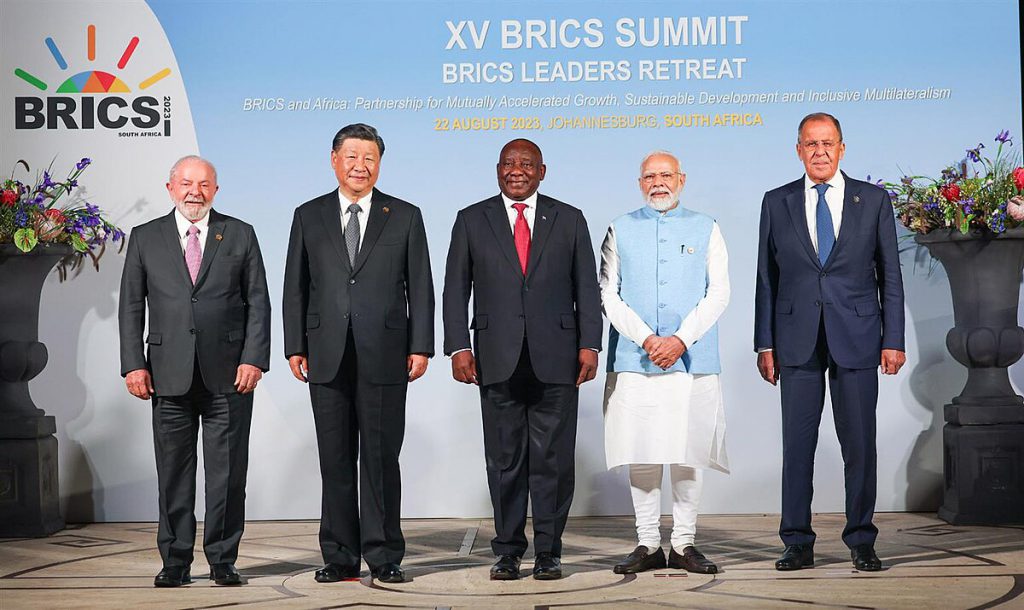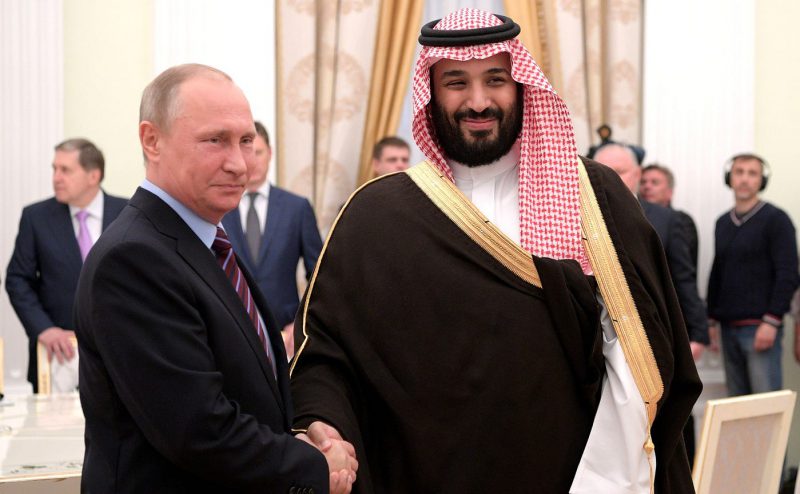With six countries becoming a crucial part of the BRICS expansion efforts, the world has observed to decipher whether or not the action was a geopolitical tactic or an economic power play. Indeed, the alliance saw its membership grow, but its choices have certainly raised some questions from pundits.
Chief among those questioning the growth is the comic who coined the acronym, Jim O’Neill. Indeed, he stated, “The decision, after all, does not appear to have been decided on any clear objective,” in a recent opinion piece. Moreover, he questioned the economic implications of choosing Argentina over Mexico or Ethiopia over Nigeria.
Still, the bloc had added some rather impressive economies in the form of Saudi Arabia and the United Arab Emirates (UAE). Subsequently, the alliance may well be placing its hope for multipolarity ahead of its geopolitics or economics.
BRICS Expansion May Lack Clear Objective


Also Read: Russian Economics Says BRICS Trade Currency is ‘Inevitable’
The world was shocked when the BRICS bloc finally made good on its long-anticipated expansion efforts. Specifically, it added six countries in total, ranging in size and relevance. Ultimately, Saudi Arabia, the UAE, Iran, Argentina, Ethiopia, and Egypt were invited. Now, many have questioned just what the purpose of the expansion was.
Specifically, those questions have been seeking to understand if the BRICS expansion was a geopolitical tactic or an economic power play. On the one hand, it could have been connected to the bloc’s deep de-dollarization hopes. Specifically, then, it would have conjoined with its anti-Western thinking. Therefore, it created an alternative to the West in what was a growing and inclusive BRICS.
Alternatively, the decision could be an attempt to enhance its rather optimistic economic circumstances. The reality is that the BRICS bloc has long been usurping the G7 in purchasing power parity (PPP). In the 1980s, BRICS was 16% in that figure. However, by 2022, that would have reached 32%. Alternatively, the G7 countries had a noted decline from 46% to the current 30% in the same time frame.
Yet, the economic inquiry raised by O’Neill remains. Although the UAE, Saudi Arabia, and Iran represent healthy and prominent economies, Argentina is in the midst of its poorest-performing economy in decades. Record inflation levels have plagued its currency. Moreover, nations like Ethiopia and Egypt have similarly middling economies.
However, the answer to the question is not as simple as selecting an option. Indeed, the motive behind the economic alliance expansion efforts connects to its original goal in the first place.
A Multipolar World


Also Read: Russia And China Agree to $25B Deal in Local Currency
For the BRICS alliance, a multipolar world has always been the end goal. Indeed, in every action it has taken, the bloc has attempted to steer clear of anti-western posturing. Although that stance remains, they have sought to curtail that as the overarching theme of the RBICS creation and growth.
Instead, they have continuously championed the idea of multipolarity. Specifically, they have continuously promoted the ideas of growth, inclusiveness, and development. Subsequently, the decision to expand nations seems to reflect those efforts.
There are aspects of the expansion that are geopolitically motivated. Although Western competition may not be the entire focus, it definitely plays a role. Additionally, some countries may provide economic benefits, while others are seeking economic assistance to join the alliance.
Still, the collection of countries represents the mission set before the bloc at the start of its creation. TI has continuously sought to aid developing nations while building relationships with established and successful economies. Therefore, the entire BRICS ecosystem can flourish through financing from larger economies and lifting up struggling ones.
Whether or not this goal remains throughout its existence remains to be seen. Moreover, whether or not it will be successful in truly creating a multipolar global economy will also be reserved for time to unveil. However, for now, the expansion efforts seem to align with the overall mission of multipolarity that the alliance has promoted.





